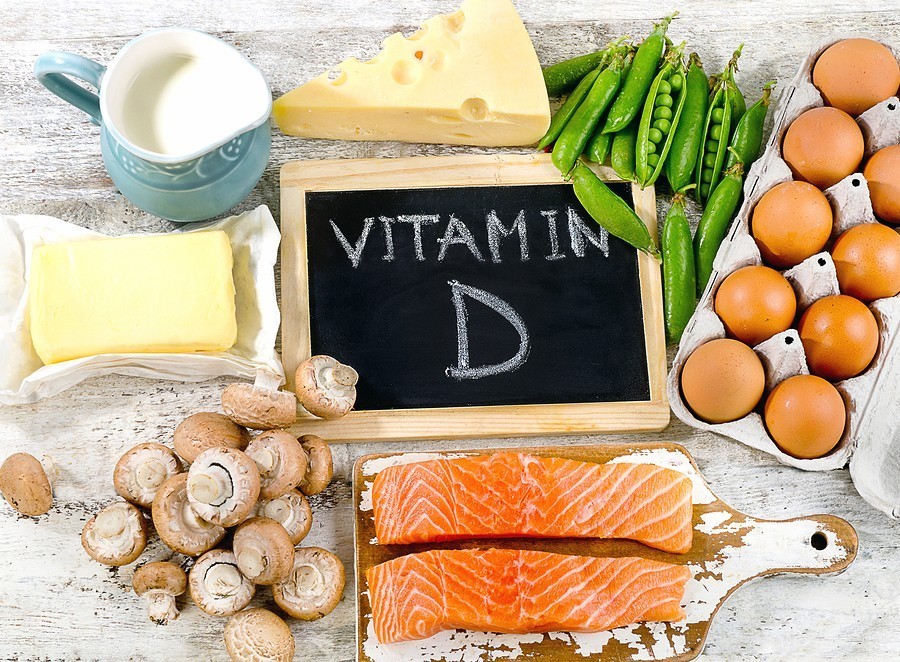Vitamin D has long been known for strengthening bones, enhancing muscle function, and supporting immunity. But a compelling new study says that’s just the beginning. According to researchers, this humble vitamin may also serve as a powerful weapon in the fight against colorectal cancer.
A recent meta-analysis published in Nutrients examined 50 previous studies involving more than 1.3 million people. The research, conducted by a team in Hungary, focused specifically on the impact of vitamin D on cancer, immunity, and inflammation.
Study Reveals Promising Connection Between Vitamin D and Cancer Prevention
“The most important finding is that vitamin D plays a critical role in the prevention and treatment of colorectal cancer,” said study author János Tamás Varga, PhD, associate professor at Semmelweis University in Budapest.

The study showed a strong correlation between higher blood levels of 25-hydroxyvitamin D — the main circulating form of the vitamin — and better outcomes in cancer patients. “Our research clearly supports the strong correlation between 25-hydroxyvitamin D (the primary form of vitamin D) levels and cancer outcomes,” Varga noted.
Patients with insufficient vitamin D levels were more likely to experience poor outcomes. The data showed that vitamin D helps reduce inflammation, enhances immune response, and even triggers cancer cell death.
“These mechanisms significantly influence the pathophysiology of colorectal cancer,” Varga added.
Beyond Prevention: Vitamin D May Boost Survival in Advanced Cancer Cases
The study didn’t just explore prevention. Researchers also found that vitamin D supplementation may improve survival rates among people already battling late-stage colorectal cancer.
“The results suggest that the effect of vitamin D may depend on factors such as the dosage, the individual condition of the patients and the duration of treatment,” Vargas added.
However, the authors also acknowledged a key limitation. The 50 studies included in the analysis used varying dosages of vitamin D and involved patients at different stages of cancer. This makes it harder to determine a one-size-fits-all dose. The authors emphasized the need for further investigation to confirm therapeutic dosing guidelines.
How Americans Can Benefit From This Research

Based on their findings, the researchers made clear recommendations to the public and health professionals alike. “Based on our research, we recommend that individuals at high risk of colorectal cancer monitor their vitamin D levels and, if necessary, take a daily vitamin D supplement of 1000–4000 IU, especially for those with low vitamin D levels,” said Dr. Monika Fekete, medical doctor at Semmelweis University.
Doctors, they say, should prioritize vitamin D assessments during routine checkups — particularly for high-risk patients. “Vitamin D plays a crucial role in the treatment and prevention of colorectal cancer, but further research is needed to determine the optimal dosage and the specific role of genetic factors,” Fekete explained.
Sunlight, Supplements, and Fortified Foods: Where to Get Vitamin D
Vitamin D is mostly absorbed through exposure to the sun’s ultraviolet rays. However, many Americans don’t get enough sunlight daily — especially in colder seasons or urban environments. For those individuals, food and supplements become critical sources.
According to the American Cancer Society (ACS), “Most Americans do not get enough vitamin D in their diets, and many have low vitamin D levels in their blood.” To maintain healthy levels, people can consume fatty fish, certain mushrooms, or vitamin D-fortified foods like milk, some orange juices, and breakfast cereals.
Even the ACS, which remains cautious in its stance, acknowledges ongoing interest in the vitamin’s cancer-fighting potential. “While the role of vitamin D in lowering cancer risk is still an active area of research and debate, avoiding low vitamin D levels is recommended.”
Experts Call for Personalized Treatment and More Scientific Exploration

The researchers also warned against generalized advice. They stressed that every patient is different, and supplementation should be tailored.
“The optimal dosage should be tailored to the individual’s health condition and current vitamin D levels.”
“The molecular mechanisms of vitamin D, such as the regulation of oncogenes (mutated genes that can lead to cancer) and inhibition of tumor progression, require further scientific investigation.”
As science continues to explore vitamin D’s full impact on human health, this study adds a powerful argument for making sure your levels are where they should be, whether through sun exposure, food, or supplements.



